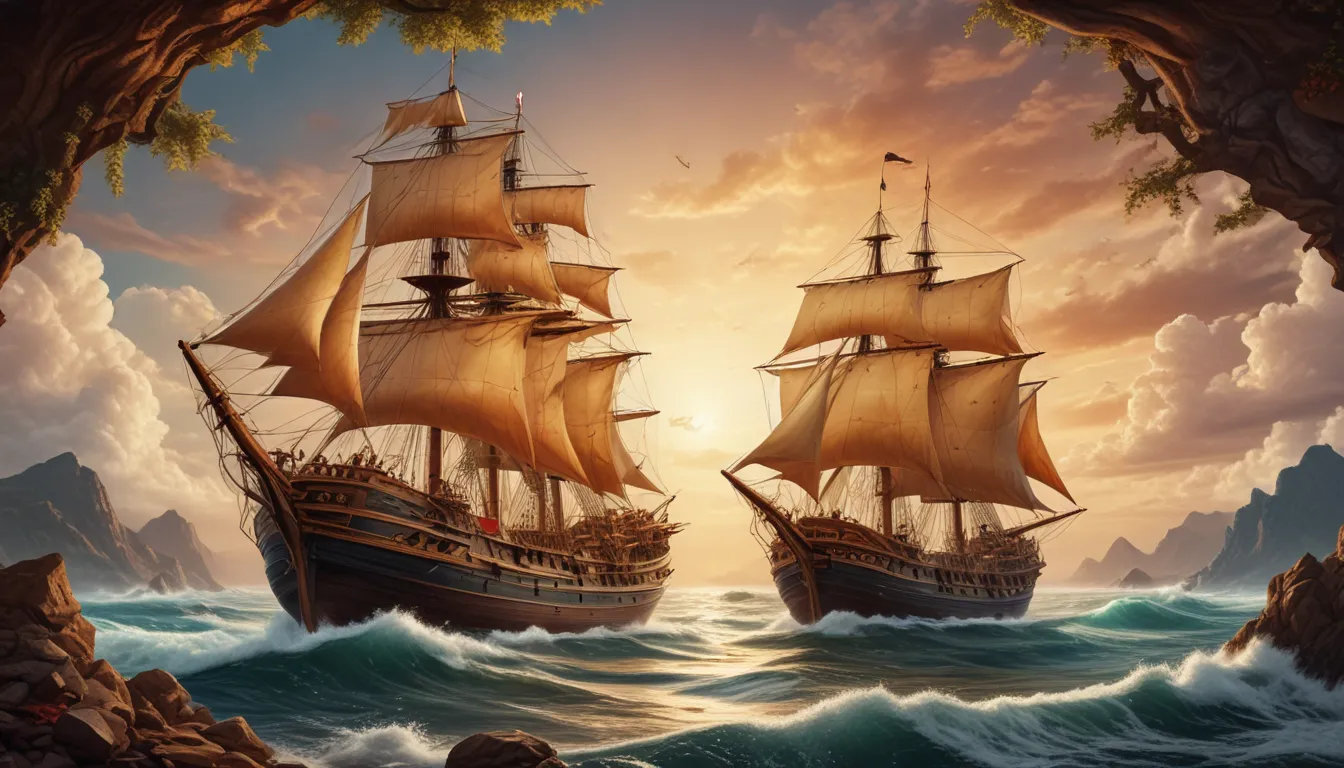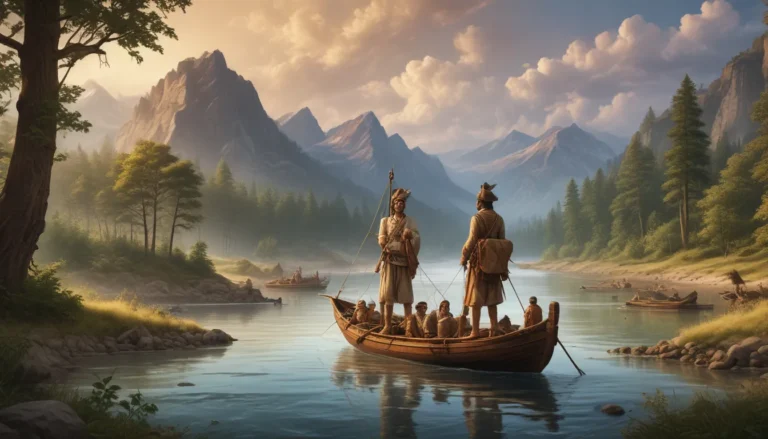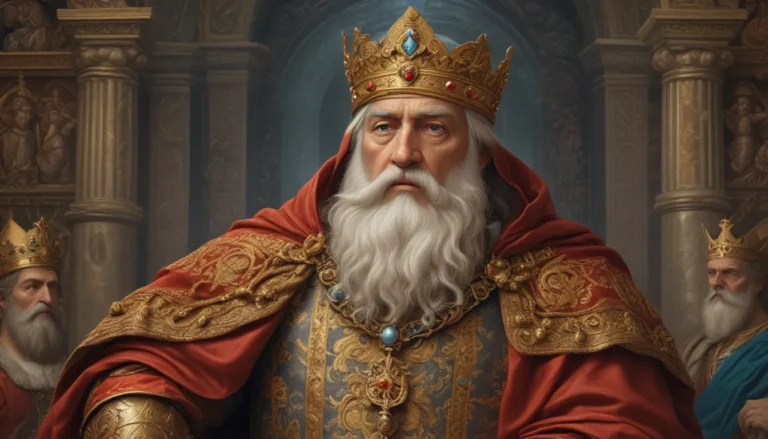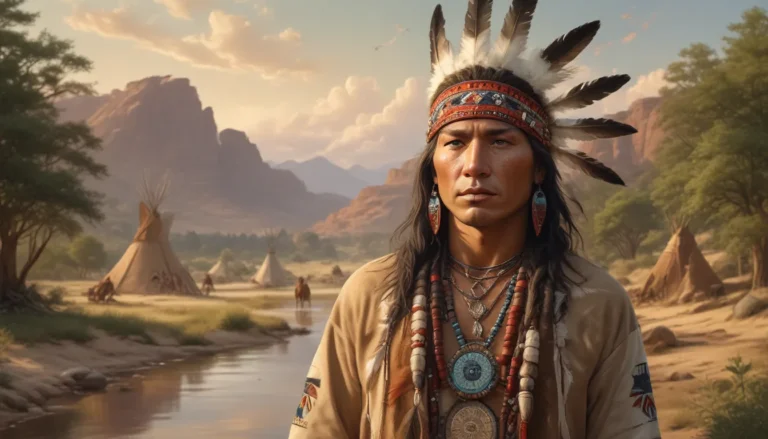The images in our articles may not match the content exactly. They are used to grab your attention, not to show the exact details in the text. The images complement the text but do not replace it.
Have you ever pondered the intricate network of trade that has shaped our world throughout history? Triangular trade, a historical trade system connecting Europe, Africa, and the Americas, created a web of exchange that left a lasting impact on global economies and cultures. From the trading of goods like sugar and tobacco to the dark reality of the slave trade, this system played a pivotal role in shaping the modern world. Let’s embark on a journey through the past, unveiling the fascinating facts that shed light on the stories of individuals, products, and power dynamics that defined triangular trade.
Understanding Triangular Trade
Triangular trade, spanning the 16th to the 19th century, was a crucial trade system that linked Europe, Africa, and the Americas across the Atlantic Ocean. This system facilitated the exchange of goods, enslaved individuals, and commodities, shaping the economies and development of these regions significantly.
Delving into the Origins
The roots of triangular trade can be traced back to the late 16th century when European powers sought new avenues for wealth accumulation. By establishing connections between continents, they capitalized on the sale of goods and the exploitation of enslaved Africans. European ships initially transported manufactured goods to Africa in exchange for enslaved individuals, who were then transported to the Americas for sale. The return voyage to Europe completed the triangular route, carrying back commodities like sugar, cotton, and tobacco.
Exploring the Middle Passage
The Middle Passage, the harrowing journey of enslaved Africans to the Americas, was characterized by inhumane conditions onboard the ships. With inadequate space, food, and sanitation, it’s estimated that around 12 million Africans were forcibly transported during the triangular trade, with a significant number losing their lives due to the brutal circumstances.
Economic Impact on Europe
European nations, particularly Britain, Portugal, and the Netherlands, reaped substantial economic benefits from triangular trade. The profits generated fueled industrial growth and empire expansion, with wealth amassed from the trade playing a pivotal role in financing the Industrial Revolution in Britain, reshaping the global economic landscape.
Impact on Africa
The consequences of triangular trade on African societies were dire. The trade system led to increased warfare and instability as communities engaged in capturing individuals to sell into slavery. Populations in certain regions experienced drastic reductions, with long-term economic and social repercussions as the social fabric of many communities was dismantled.
Role of the Americas
Enslaved labor from Africa played a crucial role in the development of colonies in the Americas, especially in the production of cash crops such as sugar, tobacco, and cotton. The wealth generated from these crops, cultivated through forced labor, laid the groundwork for the economic systems of many American states and contributed to their eventual independence and growth.
Abolition and Legacy
The era of triangular trade drew to a close in the early 19th century as anti-slavery movements gained momentum, leading to the abolition of the slave trade and eventually slavery itself in various parts of the world. The enduring legacy of triangular trade is evident in its impacts on racial inequality, economic disparities, and cultural identities, subjects that continue to be scrutinized and debated.
Cultivating Cultural Exchanges
Despite its grim nature, triangular trade fostered significant cultural exchanges among Europe, Africa, and the Americas. The spread of African music, food, and traditions enriched cultures across the Americas, while languages, religions, and other practices intermingled to create distinct Afro-European and Afro-American cultures that persist today.
Influence on Economic Systems
Triangular trade played a pivotal role in shaping the modern capitalist economy by introducing new commodities to global markets and establishing enduring trade routes. Moreover, the wealth generated by this trade system contributed to the development of financial institutions and commercial practices that underpin today’s global economy.
Environmental Ramifications
The large-scale agricultural practices implemented in the Americas to cultivate cash crops for triangular trade had significant environmental implications, including deforestation and soil degradation. These practices also introduced invasive species and altered landscapes, with some effects on biodiversity persisting to this day.
In Conclusion
Understanding the intricacies of triangular trade is paramount for grasping the multifaceted history of globalization and its far-reaching impacts. This trade system underscores the interconnectedness of economies and cultures, as well as the darker facets of human history. As we reflect on the legacy of triangular trade, we must recognize its pivotal role in shaping the modern world while learning from its injustices to prevent similar atrocities in the future.
Unraveling the Triangular Trade Puzzle
Our exploration of the complex web of triangular trade has shed light on its profound historical significance, economic implications, and societal repercussions spanning continents. Beyond the exchange of goods, this trade network intertwined with the grim reality of slavery, leaving an enduring imprint on the modern world. By comprehending these facts, we gain insight into the interconnected nature of global history and the lasting ramifications of colonialism. Let’s honor the human stories behind these transactions, acknowledge the resilience of those who endured hardships, and heed the lessons they offer for contemporary society. The knowledge of triangular trade transcends mere historical tidbits; it serves as a critical lens through which we view the complexities of global relations and human rights.
Frequently Asked Questions
Q: What was the triangular trade?
A: The triangular trade was a historical trade system connecting Europe, Africa, and the Americas across the Atlantic Ocean. It involved the exchange of goods, enslaved individuals, and commodities among these regions, shaping their economies and cultures significantly.
Q: How did the triangular trade impact Africa?
A: Africa bore the brunt of the triangular trade, with millions of Africans forcibly uprooted from their homes, leading to devastating effects on communities and economies. This mass displacement fueled conflicts and raids as African groups sought individuals to sell to European traders.
Q: Did the Americas benefit from the triangular trade?
A: The Americas saw economic growth, particularly in agriculture and mining, due to the labor provided by enslaved Africans. While this fueled prosperity for colonial powers, it also resulted in profound human costs and lasting social inequalities.
Q: Did Europe profit from the triangular trade?
A: Yes, European nations, especially Britain, Portugal, and the Netherlands, profited immensely from the triangular trade, amassing wealth from the trade in goods and enslaved individuals. This financial gain played a pivotal role in the rise of powerful nations and the industrial revolution.
Q: How long did the triangular trade last?
A: The triangular trade spanned roughly from the 16th to the 19th century, gradually declining as abolition movements gained momentum and laws prohibiting the slave trade and slavery were enacted in Europe and the Americas.
Q: What role did ships play in the triangular trade?
A: Ships formed the backbone of the triangular trade, facilitating the transportation of goods, enslaved individuals, and commodities across continents. The design of these ships, especially those used for transporting enslaved individuals, prioritized maximizing capacity, often neglecting the well-being of those onboard.
Q: Do the effects of triangular trade persist today?
A: Indeed, the legacy of triangular trade endures, with lasting impacts on racial inequalities, economic disparities, and cultural losses. Communities and nations still reckon with the repercussions of centuries of exploitation and injustice, underscoring the significance of understanding this historical period.
Navigating the Past with Knowledge and Compassion
In our quest to unravel the intricate tapestry of triangular trade, we have unearthed profound insights into its historical significance and enduring consequences. This trade system, interwoven with tales of commerce and exploitation, offers a lens through which we can comprehend the complex interplay of global economies and cultures. As we delve into the past, let us remember the individuals whose lives were irrevocably altered by this trade network, honoring their resilience and learning from their experiences to forge a more just and equitable future. May our exploration of triangular trade serve as a reminder of the intricacies of history, inviting us to navigate the complexities of our shared global heritage with knowledge and compassion.






